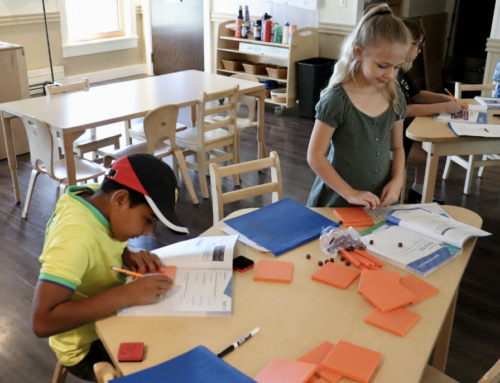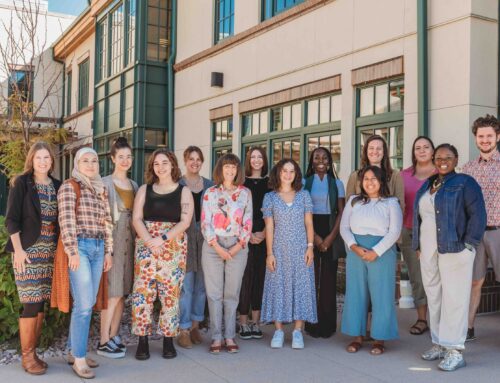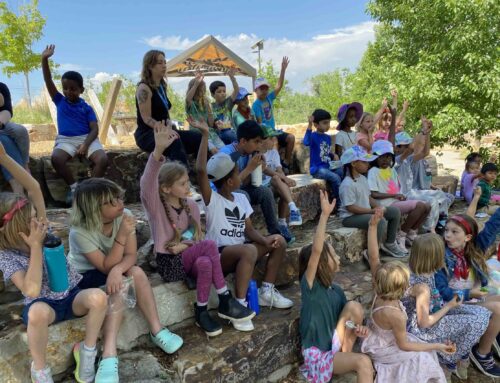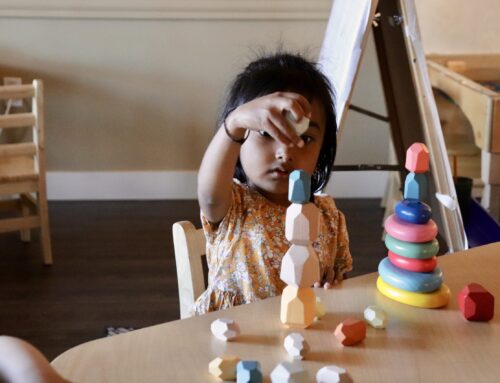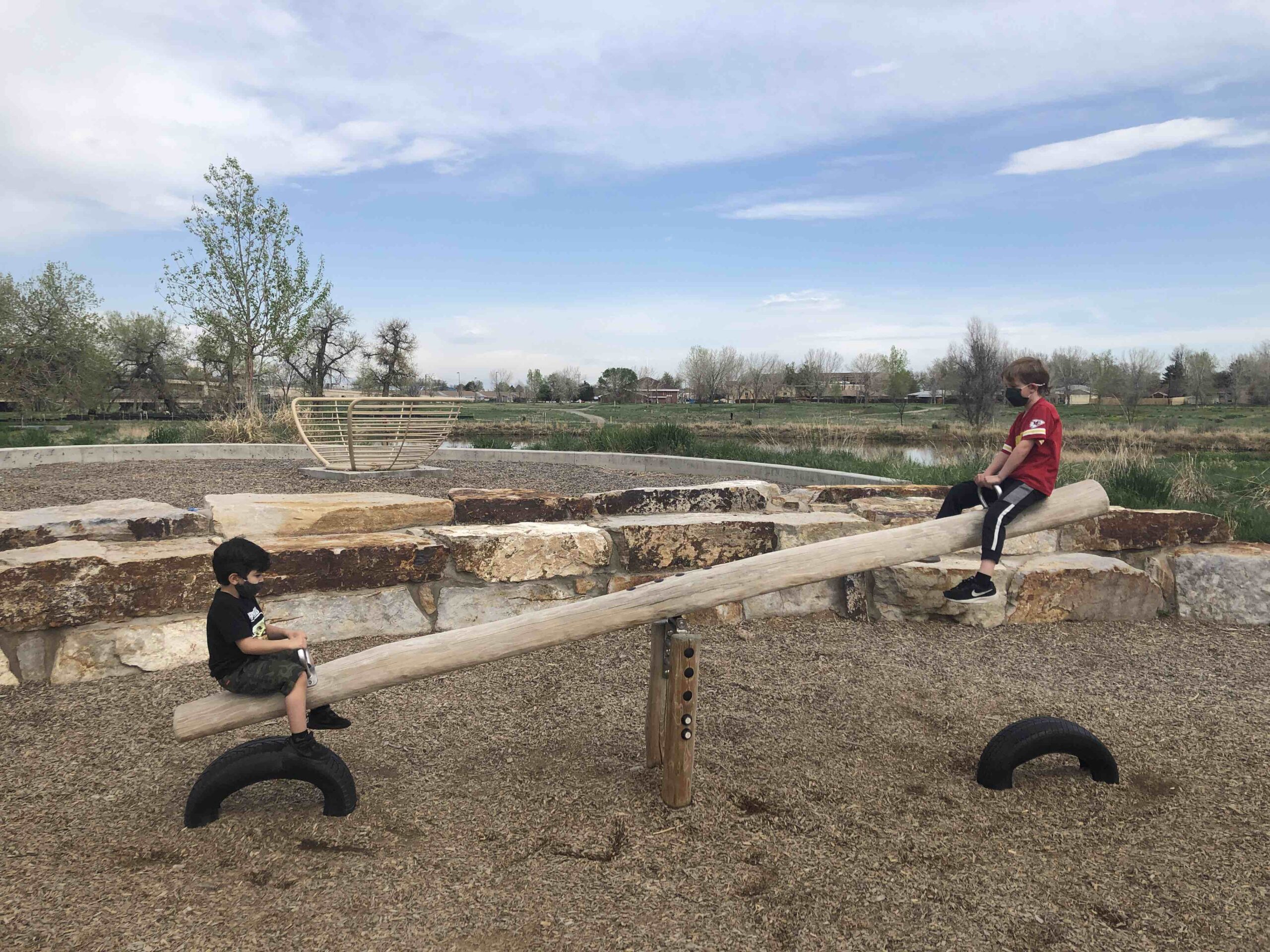
As the school year comes to a close, our teachers have been reflecting with their students on the learning and growth that has developed over the past eleven months. While a lot of this learning is able to be captured through documentation and written reflection, there is a great deal of learning happening every day which is not as apparent. Sometimes this learning gets overlooked because it is seemingly invisible. But its effects are some of the most elemental building blocks of education and personhood. In this brief blog, I want to focus specifically on the skill of empathy because empathy in action is a critical part of being in community and having a caring relationship with oneself and others.
In Empathetic: An Unappreciated Way of Being, psychologist Carl Rogers writes that being empathetic is: “To be with another in this way means that for the time being you lay aside the views and values you hold for yourself in order to enter another’s world without prejudice. In some sense it means that you lay aside your self and this can only be done by a person who is secure enough in himself that he knows he will not get lost in what may turn out to be the strange or bizarre world of the other, and can comfortably return to his own world when he wishes. Perhaps this description makes clear that being empathic is a complex, demanding, strong yet subtle and gentle way of being.”
Rogers is pointing to the individual strength and fortitude which is necessary for empathy to blossom within an individual. But as the innovator of person-centered practice (and the developer of our understanding of child-centered learning), Rogers reminds us that empathy is not merely an innate characteristic, it is ultimately learnable. In the same book, he writes: “An empathic way of being can be learned from empathic persons. Perhaps the most important statement of all is that the ability to be accurately empathic is something which can be developed by training.”
The active engagement of this training is a critical component to who we are as a school and how we learn to relate to and with each other. But over the summer, kiddos make new friends, build novel communities, and often have larger chunks of unstructured time. These are all important elements of rest, relaxation, and renewal — kiddos need these just as much as we do. How can we help them to continue building their empathy muscles within different relationships and structures? One way to continue this training is to help them to understand the difference between empathy and their opinions.
In his commencement speech at San Francisco University High School, educator Bill Bullard pulled from quotes attributed to Plato and George Eliot to dissect the relationship between opinion and empathy when he wrote: “Opinion is really the lowest form of human knowledge; it requires no accountability, no understanding. The highest form of knowledge, according to George Eliot, is empathy, for it requires us to suspend our egos and live in another’s world. It requires profound, purpose‐larger‐than‐the‐self kind of understanding.”
A focus on maintaining accountability and understanding is an excellent way to continue building empathic abilities with your kiddo. It also helps them to realize that their personal opinion of a situation is always in relationship with a bigger, empathetic response which is just as important. This begins with us as adults demonstrating those skills in action and continues through the ways in which kiddos mirror those skills back to us. How might we show children what it looks like to be accountable to others? How might we demonstrate “profound, purpose‐larger‐than‐the‐self kind of understanding”?
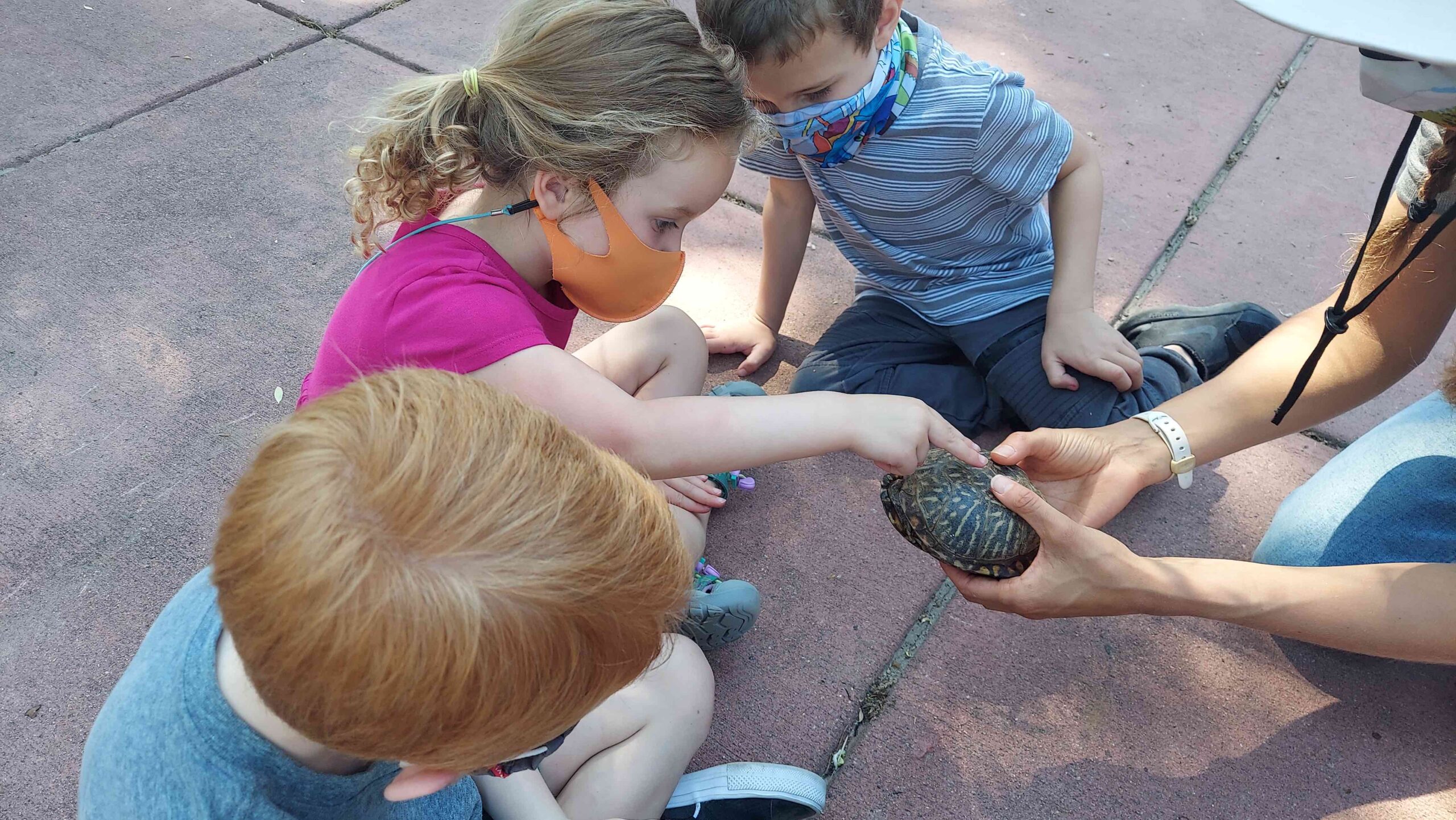
I find that empathy, much like other ways of being, is difficult to have a conversation about with children because it is best lived, embodied, chosen throughout the thousands of tiny decisions we all make every day. Kiddos learn by doing and this summer is an opportunity for you to do empathy for and with your little ones. If you’re looking for a more concrete discussion of the idea, here’s Mark Ruffalo explaining empathy on ‘Sesame Street’.
Whether you’re off to a summer adventure far away or in your own backyard, supporting empathetic children is one of the best ways to spend this differently structured time together. Start by demonstrating accountability and purpose and then find ways to invite your child into the same process. I bet you’ll be surprised by the depth of care they’re holding inside. Nurturing it now will help them blossom into a “complex, demanding, strong yet subtle and gentle way of being.”

